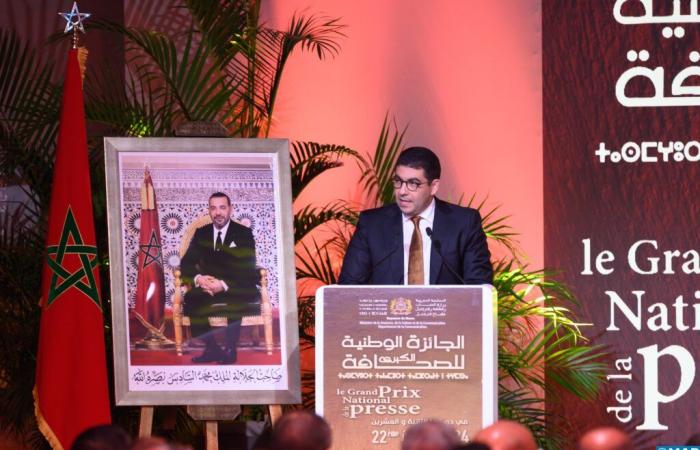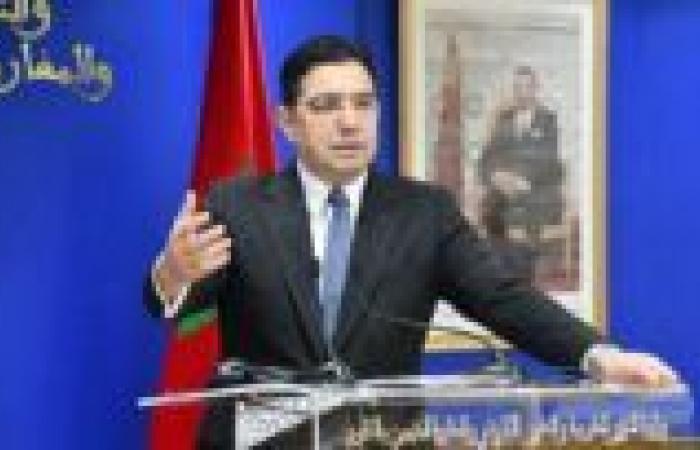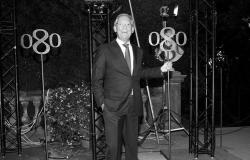The Minister of Youth, Culture and Communication, Mohamed Mehdi Bensaid, affirmed, Friday in Rabat, that his department is working to implement new reforms concerning the press sector aimed at filling the gaps and legal loopholes revealed in recent years.
Speaking during the awards ceremony to the winners of the 22nd edition of the Grand Prix national de la presse, Mr. Bensaid indicated that the ministry is currently working on a new phase of these reforms, with a view to modifying the Press and publishing code, which includes the law on the press and publishing, the law on the professional journalist, as well as the law on the National Press Council.
These modifications aim to fill the legal gaps and loopholes revealed by practice over the years, he noted, adding that these reforms are carried out within the framework of a participatory approach, in collaboration with the Interim Commission for the business management of the press and publishing sector, as well as the most representative professional organizations of publishers and journalists.
After recalling the multiple political and institutional reforms including the media and press sector, launched by HM King Mohammed VI, Mr. Bensaid specified that the objective of these reforms is to “allow journalists to benefit from a high-level professional working environment, taking into account the talents, resources and skills we have in the media sector, as well as providing national media companies with a favorable working climate.”
In this sense, he explained that this is the reason why the Ministry of Youth, Culture and Communication and the delegated ministry responsible for the budget, decided to promulgate a new decree to support the press sector and publishing.
This decree also aims to support the sustainability of large national historical media companies, while establishing a regional support system for small and regional media companies, without any exclusion, he specified, stressing that compliance with the conditions The process of creating a media business remains essential for any support between the state and the media sector.
And to note that within the framework of Moroccan media sovereignty, the new decree offers Moroccan media companies a real opportunity to invest outside the national territory, based on the ministry’s conviction that the national press and the Moroccan public space, notably political, economic and social, have a place at the regional and continental levels.
The minister noted that Morocco, under the leadership of HM the King, is experiencing development in different areas, as well as historic achievements, the latest being the organization of the 2030 World Cup with Spain and the Portugal.
He indicated that the organization of the 2030 World Cup poses new challenges for the sports press, namely training, the creation of a space for high-level debate, as well as the provision of human resources and material within national media companies and public pole channels, with a view to supporting the Kingdom’s organization of this sporting event, starting with the next African Cup of Nations.
Furthermore, Mr. Bensaid underlined that the Grand Prix de la Presse has experienced a qualitative transformation this edition through the revision of the decree organizing the prize, with a view to giving it a new lease of life through the implementation recommendations from the jury from the previous edition, which allowed the creation of the regional press category to promote regional media.
An honorary prize was also created for Moroccan journalists working in foreign media to encourage Moroccan professional skills both inside and outside the Kingdom, in addition to increasing the financial envelope of the prize to encourage media professionals, he added, noting that this approach contributed to enhancing the attractiveness of the prize with 134 applications of which 124 were accepted.
LNT with Map
Share this article:







